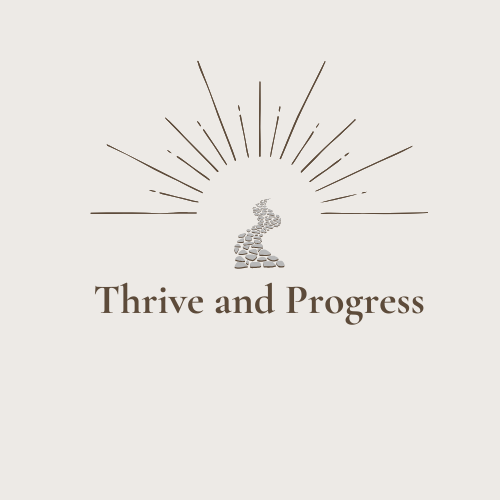Manage your Phobias
Do fears or phobias stop you from fully enjoying life or doing the things you want?
Do situations like flying, visiting the dentist, or social events cause anxiety or avoidance?
Phobias are intense fears that can interfere with daily life, making otherwise ordinary situations stressful or overwhelming. They can develop from experiences, learned behaviours, or natural sensitivity to certain triggers. While they can feel limiting, phobias can be managed and overcome, helping you reclaim freedom and confidence.
Types of Phobia
Specific (can be known as simple)
It seems very unfair that these types are labelled ‘simple’ phobias as they are nit simple to the person who is suffering from the phobia. It is a term used to differentiate them from ‘complex’ phobias.
Simple phobias centre around a particular object, animal, situation or activity. They often develop during childhood or adolescence and may become less severe as people get older.
Common examples of simple phobias include:
environmental phobias – such as heights, deep water
animal phobias – such as dogs, spiders, snakes or rodents
situational phobias – such as visiting the dentist or flying
bodily phobias – such as blood, vomit or having injections
sexual phobias – such as performance anxiety or the fear of getting a sexually transmitted infection
Complex Phobias
Complex phobias are more serious and include more life-limiting fears.
They usually develop during adulthood and are often associated with a deep-rooted fear or anxiety about a particular situation or circumstance.
There are a huge number of complex phobias, but the most common are:
agoraphobia
social phobia
The easiest way to determine if they are specific or complex is whether you think about them when the trigger is not there? Someone with a fear of vomiting may think about the problem all the time. When they travel, they may think? “Will someone feel ill”.
Why I understand dental fear
Having worked in dentistry for over 25 years, I’ve seen firsthand how common and distressing dental anxiety can be. This experience inspired me to specialise in helping people overcome dental phobia, combining professional insight with supportive techniques to restore confidence and make dental visits easier.
How phobia support helps
Luckily most people respond well to phobia , and it can take as little as 3 sessions
-
This part of the session helps you feel calm, safe, and centred. Through guided techniques, you’ll enter a state of deep relaxation where your mind is more receptive to positive change. This calm state allows you to face fears gradually, reducing stress and anxiety, and preparing you to approach challenging situations with confidence and ease.
-
This technique helps you release the fear or anxiety connected to a phobia or distressing memory. Using guided relaxation and visualization, you revisit the situation in a safe, calm way, gradually reducing the intensity of the fear. Over time, you feel more detached from the anxiety and able to approach the situation with confidence and calm.
-
This technique focuses on imagining a positive, confident future without fear. Together, we create a clear vision of how you want to respond in situations that previously caused anxiety. By reinforcing this positive scenario, you gradually shift your responses, so when you encounter the phobia again, you feel calm, confident, and in control.

